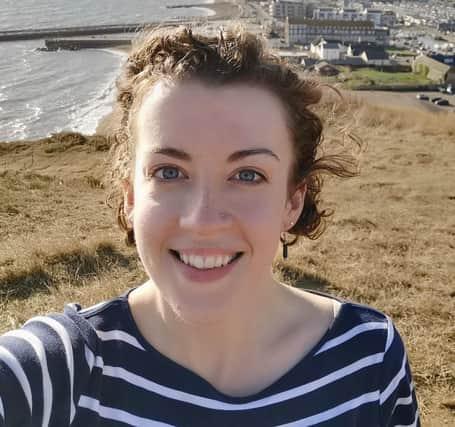We need to act quickly to reverse nature’s decline - Vhairi Tollan


It made for necessary but uncomfortable viewing highlighting trends that have been identified by researchers and campaigners across the world: species and habitats are declining and the pressures driving this decline are intensifying, from climate change to growing urban developments and mass consumption.
The UN described this moment as a crossroads for humanity in a major new review of global biodiversity trends that was released in September. It points to the international community’s failure to act collectively to reduce environmental harms, calling the past decade ‘a lost decade’ for nature.
Advertisement
Hide AdAdvertisement
Hide AdHowever, the UN Secretary-General noted there is an unprecedented opportunity as we emerge from the immediate impact of the Covid-19 pandemic to seize the initiative to make sustainable transformations across our society and economy that will put us on track for recovery.
Next year, world leaders will once again come together at an international summit to determine a new set of targets to reverse biodiversity decline and it is vital this marks a turning point in countries’ commitment to restore the natural world.
The events of recent months have shown us just how necessary protecting nature is: Covid-19 emerged due to an intensification of human activity bringing humans and wild species into closer contact. As industrial agriculture, forestry and mining expands into new areas, bringing urban societies into more frequent contact with wild animals, there is an increasing risk of similar viral diseases jumping from animals to humans.
Scotland is no exception to the global trend of biodiversity decline. The latest State of Nature Scotland report showed that 1 in 9 species is at risk of extinction from our country. Yet many of us have recently come to appreciate the nature on our doorsteps more than ever, with local walks and garden bird watching providing a much-needed respite as lockdown restricted our travel.
It’s not too late for Scotland to turn this situation around and if we act swiftly now, we can reverse nature’s decline. The natural world has an amazing capacity to recover from crisis and by taking steps to expand our native woodlands, restore carbon-locking peatlands, move to nature- and climate-friendly farming and step up protections for Scotland’s seas we can look to a brighter future.
To drive success in the coming years, a clear commitment from the Scottish government to address the nature emergency head on is needed, backed up by measurable targets and action plans to take us on a path to nature recovery. Commitments to nature recovery targets from political parties ahead of next year’s Holyrood elections would be a signal that politicians are taking the loss of Scotland’s nature seriously.
It has brought comfort to so many of us during these tough times, it’s now time for us to stand up for Scotland’s nature.
Vhairi Tollan is the advocacy manager at Scottish Environment LINK.
Comments
Want to join the conversation? Please or to comment on this article.